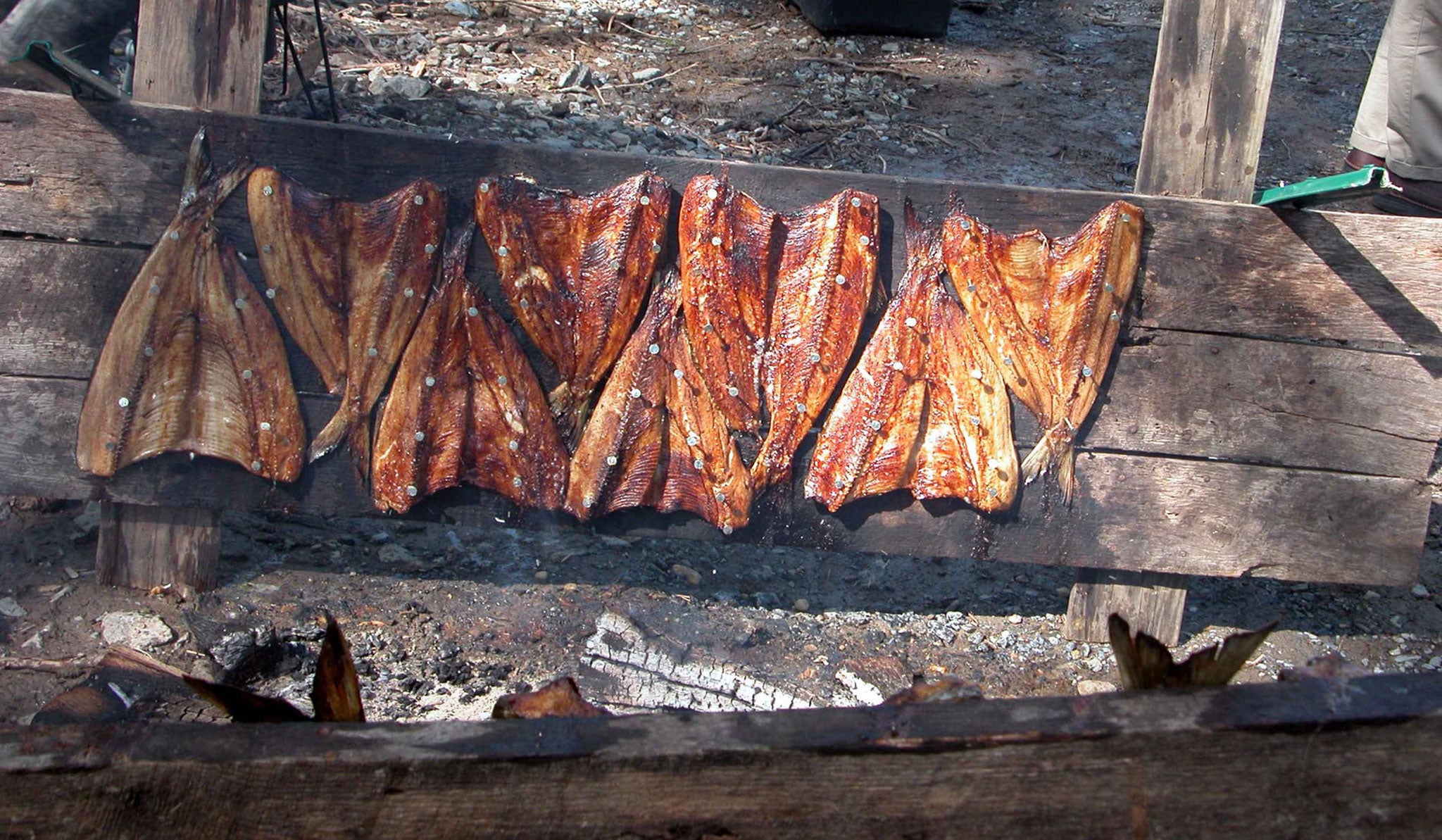Rhodri Marsden's interesting objects: General George Pickett's shad bake
Three Confederate generals enjoyed the local tradition in a secluded part of Virginia 150 years ago this week, while Pickett's troops were being annihilated in what became known as the "Waterloo" of the Confederacy

Your support helps us to tell the story
From reproductive rights to climate change to Big Tech, The Independent is on the ground when the story is developing. Whether it's investigating the financials of Elon Musk's pro-Trump PAC or producing our latest documentary, 'The A Word', which shines a light on the American women fighting for reproductive rights, we know how important it is to parse out the facts from the messaging.
At such a critical moment in US history, we need reporters on the ground. Your donation allows us to keep sending journalists to speak to both sides of the story.
The Independent is trusted by Americans across the entire political spectrum. And unlike many other quality news outlets, we choose not to lock Americans out of our reporting and analysis with paywalls. We believe quality journalism should be available to everyone, paid for by those who can afford it.
Your support makes all the difference.* In a secluded part of Virginia known as Hatcher's Run, 150 years ago this week, three Confederate generals, George Pickett, Fitzhugh Lee and Thomas L Rosser, enjoyed a local tradition known as a shad bake. This involved attaching shad (a local herring) to boards, sticking them in the ground around a fire, then eating them. It had been a cold, hungry winter, and the shad provided the men with a rare treat. The only problem was that two miles away, Pickett's troops were being annihilated in what became known as the "Waterloo" of the Confederacy.
* "Some time was spent over lunch," recalled Rosser, "during which no firing was heard... We concluded that the enemy was not in much of a hurry to find us as Five Forks." Five Forks was the crucial crossroads which, that morning, Robert E Lee, the general-in-chief, had instructed Pickett to hold at all costs. The feasting generals heard nothing because the wooded area they were lunching in muffled the sound of gunfire.
* Pickett was a colourful character, possessing what everyone agreed was a magnificent head of hair. But he'd had previous when it came to avoiding battle. Two years earlier, in the bloodbath known as 'Pickett's Charge', he remained curiously unharmed in a position well to the rear of his troops. Before the Battle of Five Forks, Pickett told no one that he was heading off to enjoy a shad bake, and when he finally turned up, he discovered that 2,400 of his men had been taken prisoner.
* Following this fiasco, Robert E Lee was forced to flee west. Before his surrender a week later, which marked the end of the American Civil War, he was heard to say of Pickett: "I thought that man was no longer with the army". Pickett later became an insurance salesman.
Join our commenting forum
Join thought-provoking conversations, follow other Independent readers and see their replies
Comments